This Green and Growing Land
The American Ways Series
General Editor: John David Smith
Charles H. Stone Distinguished Professor of American History, University of North Carolina at Charlotte
This series provides concise, accessible treatments of central topics in the American experience. Titles first appear in hardcover and eBook editions for a general audience and subsequently appear in reasonably priced paper editions for classroom use.
Current Titles in the Series
How America Eats: A Social History of U.S. Food and Culture, by Jennifer Jensen Wallach
Popular Justice: A History of Lynching in America, by Manfred Berg
Bounds of their Habitation: Race and Religion in American History, by Paul Harvey
National Pastime: U.S. History through Baseball , by Martin C. Babicz and Thomas W. Zeiler
A harmonious relation to land is more intricate, and of more consequence to civilization, than the historians of its progress seem to realize. Civilization is not, as they often assume, the enslavement of a stable and constant earth. It is a state of mutual and interdependent cooperation between human animals, other animals, plants, and soils which may be disrupted at any moment by the failure of any of them.
Aldo Leopold , The Conservation Ethic, 1933
This Green and Growing Land
Environmental Activism in American History
Kevin C. Armitage
ROWMAN & LITTLEFIELD
Lanham Boulder New York London
Published by Rowman & Littlefield
A wholly owned subsidiary of The Rowman & Littlefield Publishing Group, Inc.
4501 Forbes Boulevard, Suite 200, Lanham, Maryland 20706
www.rowman.com
Unit A, Whitacre Mews, 26-34 Stannary Street, London SE11 4AB
Copyright 2018 by Rowman & Littlefield
All rights reserved . No part of this book may be reproduced in any form or by any electronic or mechanical means, including information storage and retrieval systems, without written permission from the publisher, except by a reviewer who may quote passages in a review.
British Library Cataloguing in Publication Information Available
Library of Congress Cataloging-in-Publication Data
ISBN 978-1-4422-3707-0 (cloth : alk. paper)
ISBN 978-1-4422-3708-7 (electronic)
 The paper used in this publication meets the minimum requirements of American National Standard for Information SciencesPermanence of Paper for Printed Library Materials, ANSI/NISO Z39.48-1992.
The paper used in this publication meets the minimum requirements of American National Standard for Information SciencesPermanence of Paper for Printed Library Materials, ANSI/NISO Z39.48-1992.
Printed in the United States of America
Contents
Acknowledgments
W riting a book is a solitary affair made possible by rich social networks of colleagues, friends and family members. Im fortunate to be part of a vibrant community of environmental thinkers at the Institute for the Environment and Sustainability. I have the pleasure of working on environmental issues with many excellent scholars, especially Jonathan Levy, Dave Prytherch, Susie Zazycki, Dave Gorchov, Tom Crist, and Peggy Shaffer.
I have the great fortune to engage with superb colleagues in the Western Program. Nik Money is a mycologist and Milton scholar, a friend, mentor and leader. Hays Cummins is a great friend, lover of tropical nature, bon vivant and co-teacher from whom I have learned a great deal. Donna McCollum is an ecologist, deep environmental thinker, and amazing finder of natural treasures. Nik, Donna and especially Hays have expertly explained a lot of science to me over the years.
Environmental history is a rich and growing field. Scholars who have engaged with my thoughts on environmentalism include Brian Drake, the indefatigable and always helpful Mark Hersey, Michael Egan, Lisa Brady, Andy Kirk, Kip Curtis, Brian Black and Adam Rome. Mark Harvey took the time to write greatly helpful comments on my wilderness chapter when I was particularly vexed in my approach to the subject. Any mistakes in fact or interpretation are, of course, my own.
Like all scholars, I depend on the good works of librarians. In particular, I wish the thank the staff of both King Library and the BEST library at Miami University of Ohio; the Old Rock Community Library in Crested Butte, Colorado, and the staff at the Denver Public Library, especially those working in their outstanding Conservation Collection.
At Rowman & Littlefield, Jon Sisk and Kate Powers worked diligently to see the manuscript to completion; John David Smith provided expert reading, commentary, and editing of this book.
The title of this book comes from the folk singer Phil Ochss song Power and the Glory. I chose it because the songs lyrics connect the love of land with patriotism and social conscienceprominent themes in this book.
My parents, Ken and Katie Armitage, lovingly support everything I do. My father read and commented on drafts of two chapters. My brother Keith Armitage is a physician and alpinist who always wanders off trail and rarely reaches his stated destinationthe best kind of hiking. My sister Karole is an amazing and renowned choreographer who has tackled the climate issue through ballet with her Fables of Global Warming. It was on the porch of her house in Crested Butte, Colorado, just eight miles from our childhood summer home, that I wrote the bulk of this book. More than anyone else I must thank my wife Helen Sheumaker and daughter Rita Armitage for their love, support and good cheer. I love you both. Finally, Tipper dog is always happy and unendingly enthusiastic for a long walk.
C hapter 1
T he Horns in Dock Creek
W hen the wells dry, we know the worth of water.
Benjamin Franklin (17061790), Poor Richards Almanac
I n the eighteenth-century, noxious wastes plagued Philadelphias Dock, a commercially thriving neighborhood of printers and barrel makers. Part of the fastest growing city in America, the Dock was bounded to its east by the Delaware River; a tidal tributary, Dock Creek, ran through the neighborhood. But Dock Creek was little more than an open sewer. Slaughterhouses and tanneries used it as their dump. Neighbors described the creek as a Receptacle for the Carcases of... Carrion, and Filth of various kinds. Exposed to the elements, the carcasses would putrify and become extremely offensive and injurious to the Health of the Inhabitants. Residents of the Dock thus faced a question central to the history of environmentalism: did private interests have the right to befoul the shared environment?
F or Benjamin Franklin (17061790), the answer was a resounding no. He strongly condemned the contamination of Dock Creek, decrying how refuse from tanneries choaked the Dock... with... Tan, Horns, etc. Animal rendering, continued Franklin, gave off many offensive and unwholesome smells. The wastes and odors diminished the Value of... Lots and Tenements in the neighborhood. Repulsed by the pollution, in 1739 Franklin and his neighbors petitioned the Common Council that governed the city to remove the tanneries so as to keep the great number of tradesmen from being poisoned by a few, and restore to them the liberty of breathing freely in their own homes. The tanneries asserted their rights as businessmen to pollute. But for Franklin, justice demanded that public rights and health take precedence over the tanneries and slaughterhouses ability to pollute the local waters.
F ranklins work for the Dock was not his only campaign for environmental quality. His decades-long concern with Philadelphias water supply was so great that he helped found its municipal water system. He spent much of the 1760s leading a commission that attempted to regulate city waste collection and water pollution. Crucially, Franklin worked to ensure that the commission abated industrial and municipal waste as well as household refuse. This work eventually gave rise to the Philadelphia Water Commission. In 1747, he even helped propose a plan to restore Dock Creek. His commitment to clean water extended all the way to his will, which bequeathed monies to purchase forest lands in the Schuylkill watershed to protect Philadelphias water supplies.


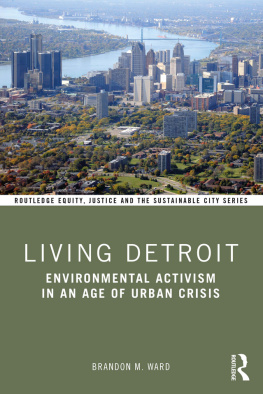
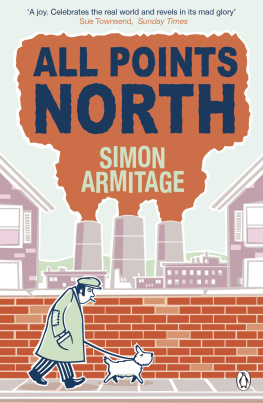
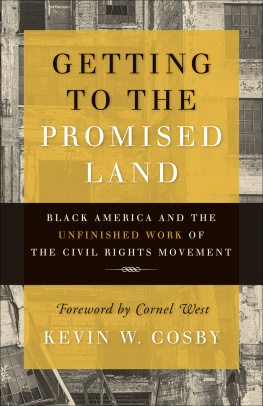
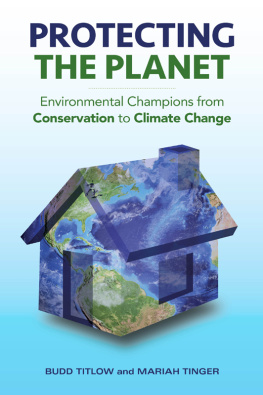
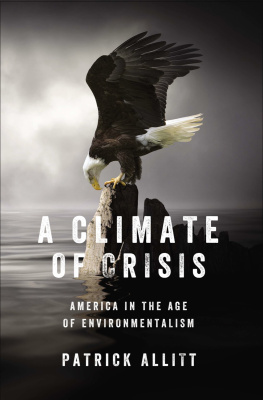
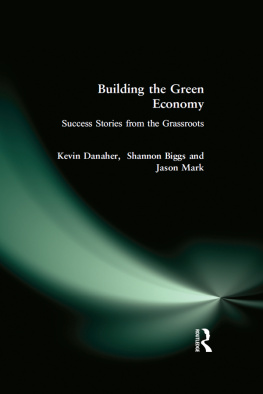
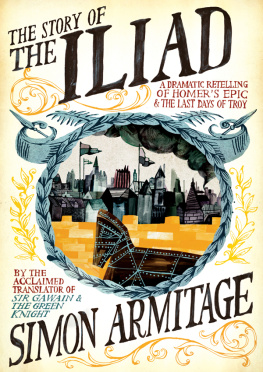


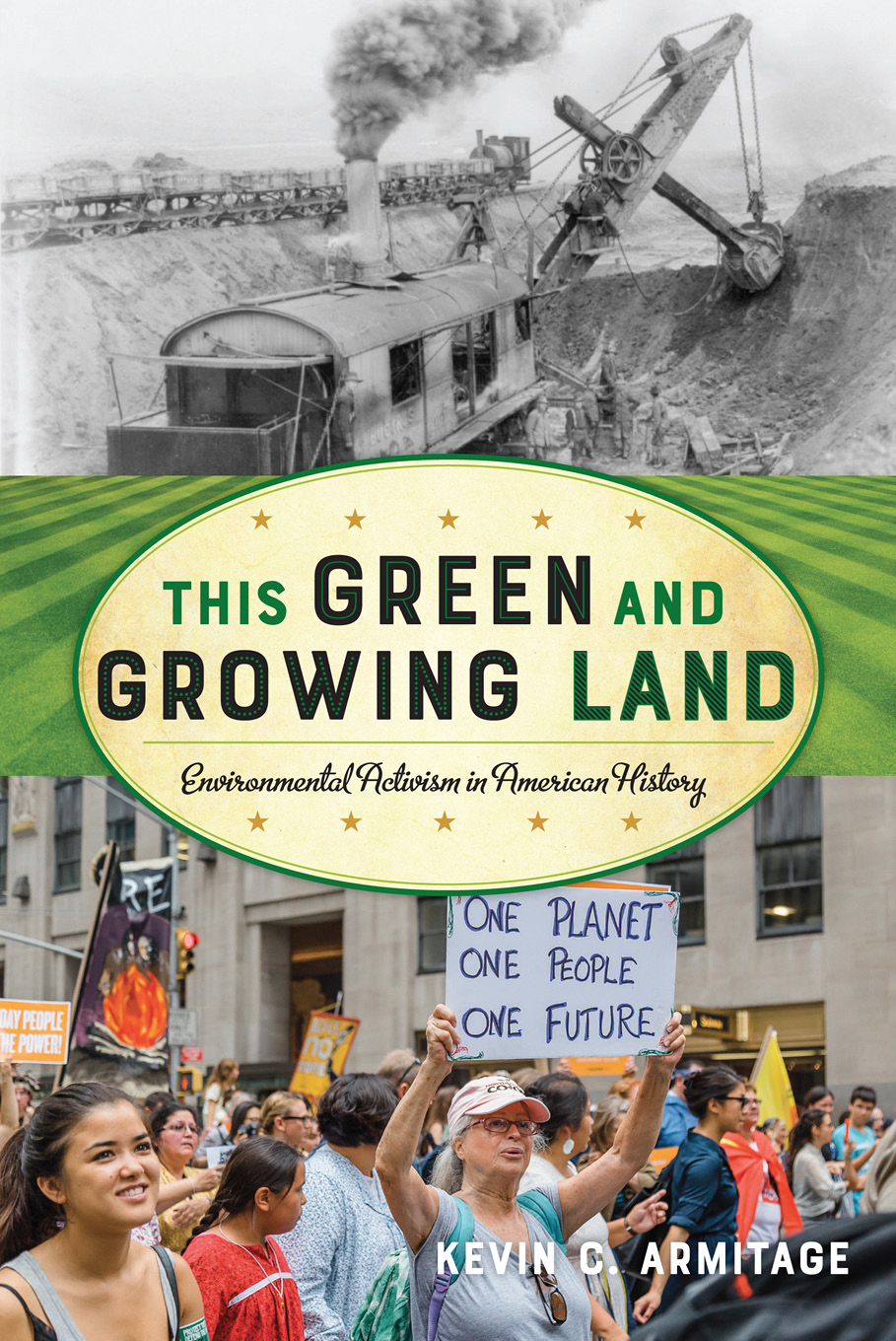
 The paper used in this publication meets the minimum requirements of American National Standard for Information SciencesPermanence of Paper for Printed Library Materials, ANSI/NISO Z39.48-1992.
The paper used in this publication meets the minimum requirements of American National Standard for Information SciencesPermanence of Paper for Printed Library Materials, ANSI/NISO Z39.48-1992.